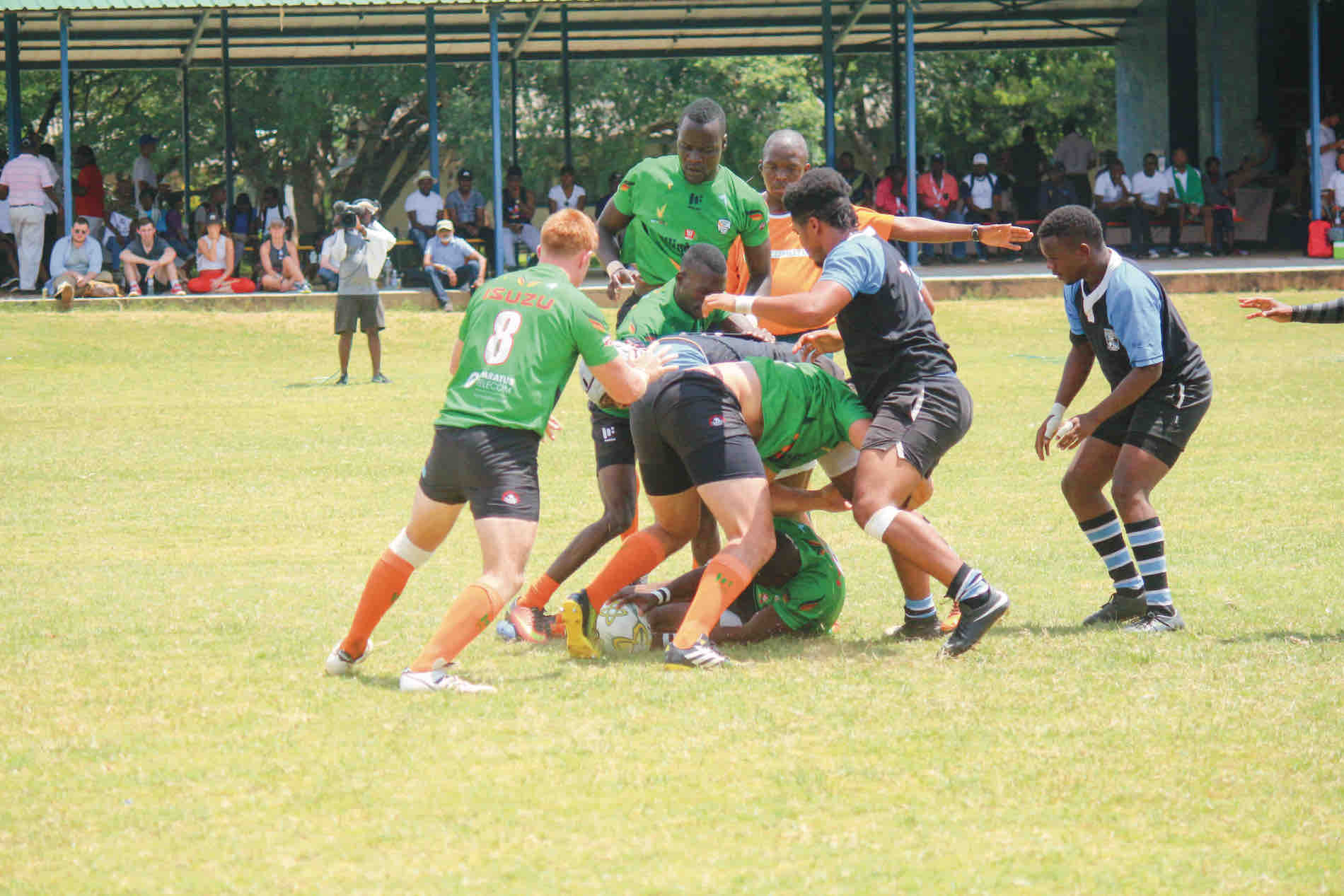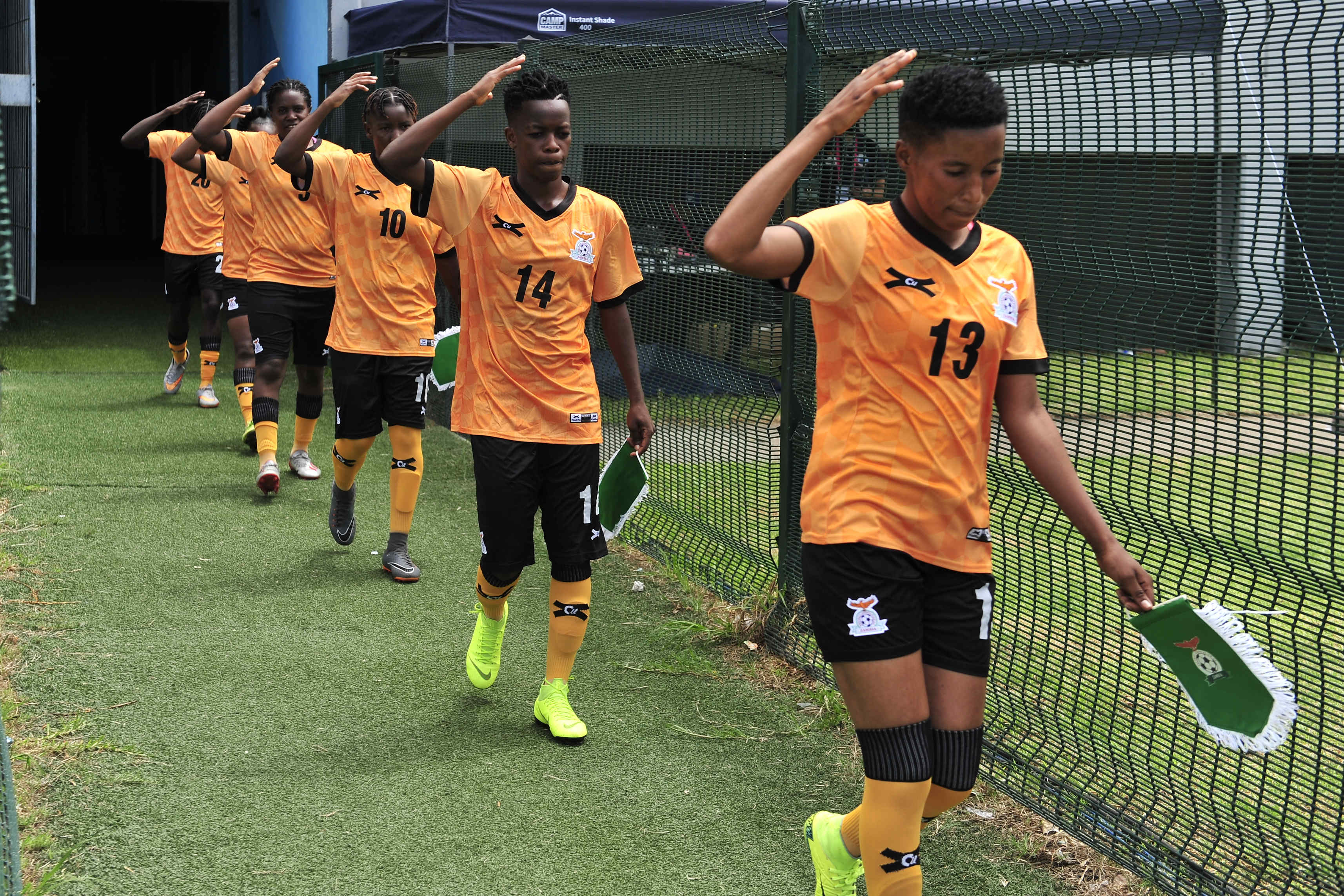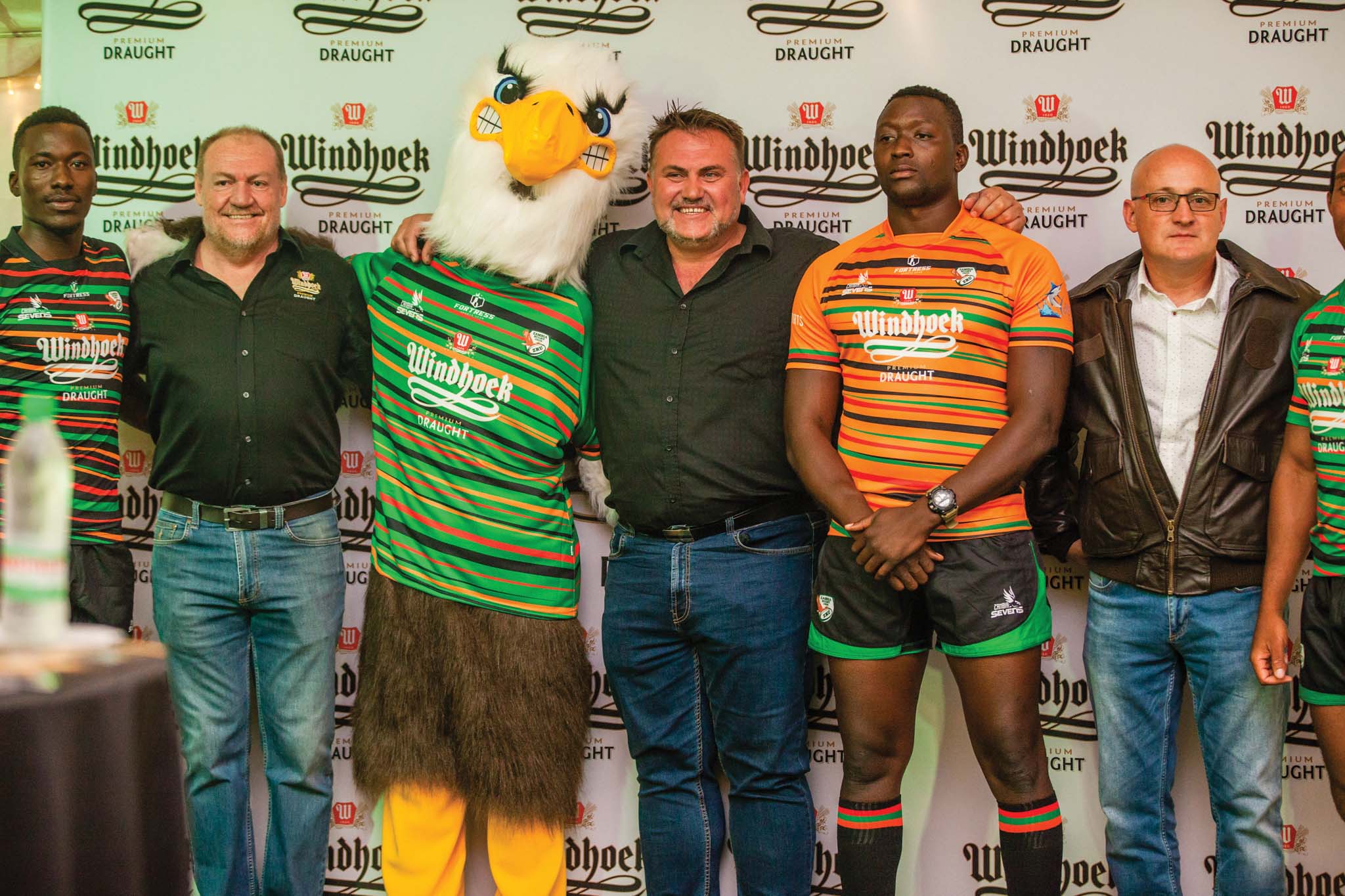Attending a rugby sevens match is not like your average sporting experience. It’s not just about the sport. It never is. It’s about the atmosphere. The thrill. And very often the beer and braai.
Rugby sevens stands in a very unique position on the sporting scene. It is not mainstream. The numbers and funding ensure it doesn’t hog the headlines and limelight. But its visibility stops it from being a fringe sport. Not popular enough to be in and too popular to be out. Rugby sevens fully summed up.
The legend of the game has it that at a public school in the English town of Rugby, a young boy named William Webb Ellis dared break the rules and in doing so set his own. What began as an ordinary game of football was disrupted when young Ellis picked up the ball and decided to run with it. In his day such a practice was strictly forbidden. Rather than be reprimanded however, legend has it that this breaking of the rules was gradually accepted and adopted by the football community of the time.
7s players contesting a high ball
To this day, despite disputes as to the truth of the legend, Webb Ellis remains a legend in rugby circles. His name has been lent to the famous William Webb Ellis trophy awarded to the winners of the rugby World Cup. A plaque in his honour lies at Rugby school that makes reference to Ellis, “…who with a fine disregard for the rules of football as played in his time first took the ball in his arms and ran with it thus originating the distinctive feature of the rugby game A.D. 1823.” His resting place, in France, is taken care of by the French Rugby Federation.
Though many terms and rules have carried over from its football playing genesis, much has also changed. Most prominent is the shape of the ball. The oval shaped ball was introduced to replace its round cousin used in the original game.
Sponsors have come on board to increase the capacity of the game to reach out to a wider audience. So much so that the Mosi 7s became more than a rugby meet. It transcended sport and established itself as an event on the social calendar. No longer just attended by rugby fans, the 7s series is sought out by many in search of atmosphere and social interaction.
The format of rugby 7s lends itself well to attracting casual attendees. The shorter time period and faster pace of play makes it more of a spectacle to the first time watcher. Much like what T20 has done for cricket, rugby 7s has the ability to accommodate the hipster fans.
Another reason rugby 7s is on the rise in Zambia is the unique sports management model used to manage the sport. Long after privatisation went out of vogue the rugby governing body in Zambia has granted a three year mandate to R&G Sports Management (RGSM) to run the 7s on their behalf.
RGSM directors, Ronnel Armengol and Guy Fisher are both fans of rugby, having played in their former days. Ronnel played for Zambia 7s and 15s, while Guy played for the U18s. Their passion to see rugby grow and develop to international standards inspired their foray into sports management.
Ronnel was quick to point out that while not a new concept, it was something that he felt would benefit the local game. “RGSM is not re-inventing the wheel. Unions in Zimbabwe and Kenya have used very similar models with great success. We truly believe private sector support and accountability is key the success of rejuvenating Zambia 7s.”
While the Zambia Rugby Union still maintains overall responsibility of the sport, RGSM is responsible for taking the sport and the team to the next level.
“RGSM is working closely with the ZRU to manage the full execution of the Zambia Rugby 7s tournaments, providing vast support from creative and technical planning, to liaison with international teams for both the tournaments and worldwide tours.”
The fruit has already began to be borne, as Zambia’s performance at a recent international meet showed.
“For the first time in over 10 years Zambia sent two teams to the Zimbabwe Vic Falls International 7s tournament. Training hard during their camp period, the players did us proud, bringing home both the Plate and the Bowl.”
Team members being put their paces in training
The preparation is very much a group effort. Each member of the technical team was recruited specifically for their expertise. Strength and conditioning coach Ngozi Azinga is a two time Olympian. “The guys are very hard working. They are up for the challenge when we come for practice.” Ngozi meets up with the players four times a week during the season and puts them through their paces with a myriad of exercises.
Commitment is very much a requirement of being part of the set up. Without the resources to be full time athletes, all team members have to make significant sacrifices. This leaves no room to be in their comfort zones. Something echoed by Ngozi, “being weak and out of shape is uncomfortable. Training won’t exactly be comfortable either. So choose your discomfort.”
While focus is being made on the players’ conditioning there are many infrastructural barriers to gaining greater exposure for local players. Due to the fact that nations like Zambia don’t often get invited to international tournaments their place on the radar is not prominent. It is not one of the first countries scouts look to for untapped talent. Any opportunities players get is as a result of someone recommending them directly to the clubs. However, with most clubs requesting video footage of players it is increasingly difficult to place local talent in the shop window. And there is no shortage of talent.
Among the players 7s fans are pinning their hopes on are Davy Chimbukulu and Israel Kalumba. Assistant coach Willie Magasa had nothing but glowing praise for the two.
“They are potential international stars. They have the capability and ability to play for any of the top teams. Their physicality and skill amaze me. I’m privileged to coach them. They are world class.”
The investment being made in 7s is beyond the players. In May RGSM hosted the first ever Level 1 7s refereeing course. “Capital Fisheries gave us massive support to enable this course take place successfully,” said Ronnel. “Their sponsorship given definitely allowed for Zambia sevens much needed growth for international exposure. We had a total of 15 coaches and 10 referees attend the coaching course.”
The course was a chance to expose the participants to world class training. It was overseen by World Rugby educators, Nsikelelo Sibanda and Walter Njowa. The level of training is just one step to improving the overall standards of the game.
Going for RGSM has grand plans for the game in Zambia. Though each step may be measured Ronnel’s hope all the steps will culminate in a journey of a thousand miles.
“Zambia previously went against top teams like New Zealand and Australia in the World Series, and that has unquestionably showed that Zambia has the talent and skill to compete on the biggest stage. A professionally managed team with World rugby certified Coaches and Referees giving world class training to the Zambia national rugby players eliminates all doubt that Zambia is going far in the world of rugby.
“RG Sport Management will be hosting an international 7s Tournament once a year, inviting, hosting and catering for a minimum of 4 countries each year. RG Sports Management also hopes is take the Zambia National rugby team on 4 tours annually so as to give the players the motivation and right exposure to the international world of rugby.”
If successful in their ability to manage the team and attract sponsorship and other motivation, the private sports management model is one that should be given a go in other sports. Though by the time other sports catch on rugby may have moved to something new.
Zambia will once again be hosting its very own International Rugby 7s tournament sponsored by Windhoek Draught. The tournament is set to be held on the 2nd and 3rd of September this year at Leopards Hill Polo Club.



